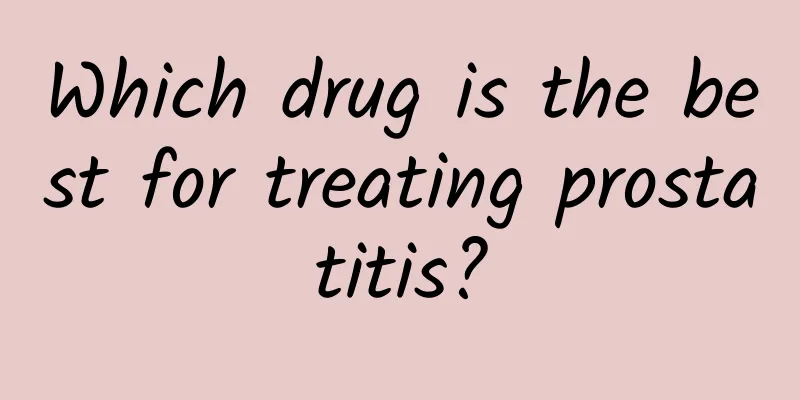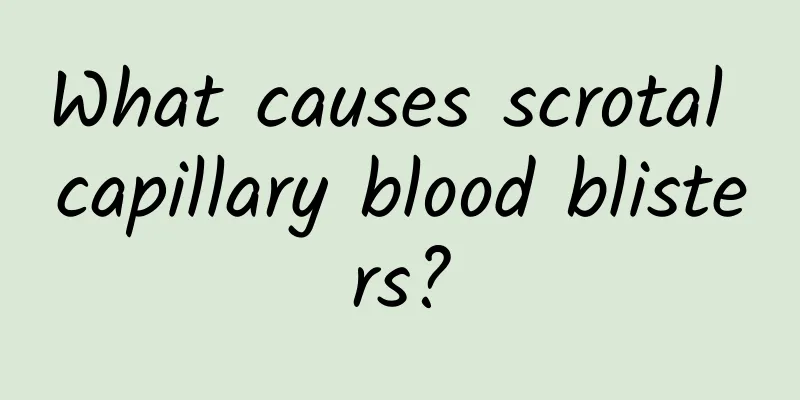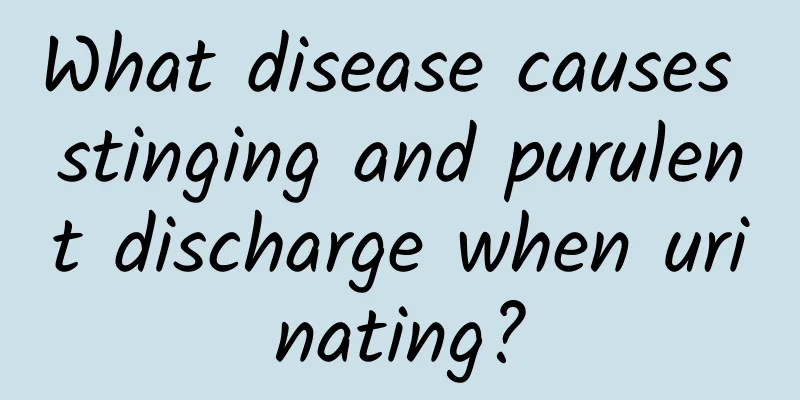Which drug is the best for treating prostatitis?

|
Prostatitis is extremely harmful, and patients must receive timely treatment. They must follow the doctor's instructions when taking medication, especially when using antibiotics. Improper use of the medication will not only produce drug resistance, but can also easily lead to repeated attacks of the patient's condition. Patients must follow the doctor's instructions when taking medication to avoid side effects. 1. Antibiotics: Currently, in clinical practice for the treatment of prostatitis, the most commonly used first-line drug is antibiotics, but only about 5% of patients with chronic prostatitis have clear bacterial infection. 2. α-receptor blockers: α-receptor blockers can relax the smooth muscles of the prostate and bladder and improve lower urinary tract symptoms and pain, thus becoming a basic drug for the treatment of type II/type III prostatitis. 3. Plant preparations: The therapeutic effect of botanical preparations in type II and type III prostatitis is increasingly valued and is a recommended therapeutic drug. Botanical preparations mainly refer to pollen preparations and plant extracts, which have a wide range of pharmacological effects, such as non-specific anti-inflammatory, anti-edema, promoting bladder detrusor contraction and urethral smooth muscle relaxation. Recommended botanical preparations include: Pusitai, Sabah palm and its extracts. Due to the large number of varieties, the usage and dosage must be determined according to the patient's specific condition, and the course of treatment is usually in months. The adverse reactions are relatively small. 4 Nonsteroidal anti-inflammatory analgesics: Nonsteroidal anti-inflammatory analgesics are empirically used to treat symptoms associated with type III prostatitis. Their main purpose is to relieve pain and discomfort. 5M-Receptor Blocker: For patients with prostatitis who have symptoms such as urinary urgency, urinary frequency, and nocturia but no urinary tract obstruction, M-receptor blockers such as tolterodine can be used for treatment. 6 Antidepressants and Anti-anxiety Drugs: For patients with chronic prostatitis who have mood disorders such as depression and anxiety, antidepressants and anti-anxiety drugs can be used for treatment while treating prostatitis. These drugs can not only improve the patient's mood disorder symptoms, but also relieve physical symptoms such as abnormal urination and pain. When using these drugs, you must pay attention to the prescription regulations and adverse drug reactions of these drugs. The antidepressants and anti-anxiety drugs that can be selected mainly include selective 5-hydroxytryptamine reuptake inhibitors, tricyclic antidepressants and other drugs. |
<<: Are there any side effects for single dogs to use inflatable dolls for a long time?
>>: What are the methods for diagnosing prostatitis?
Recommend
Causes and symptoms of limb convulsions
Clinically, there are many reasons that cause peo...
Protecting and nourishing the kidneys starts with good living habits
Kidneys are the foundation of our constitution an...
Men's food supplements to regain their youthful feeling
Men in today's society are under a lot of pre...
Can a boy's chest be flattened?
If a man has explosive muscles all over his body,...
How to be successful in love, love tutorial for boys
Love is actually a science. Some schools even off...
What causes testicular pain after sex?
Couples who are in a good relationship will have ...
What vegetables are good for men to eat to nourish the kidneys?
Men are the backbone of the family, so they are m...
What is prostatic fluid leakage?
We all know that prostate disease has always been...
What does circumcision mean?
Many private medical institutions will distribute...
What are the weight loss exercise methods for boys?
Many exercises do not have such obvious gender di...
Will the harm of prostate cyst affect fertility?
Prostatic cyst is a type of prostate disease that...
A man's big belly is not a big deal. There are ways to turn fat into abdominal muscles.
Why do many men have big bellies and little exerc...
What causes testicular pain in men?
Many men often feel testicular pain. Many people ...
Men's feet are cold and sweaty in winter
Some people have warm hands all year round, while...
What can’t you eat if you have skin allergies, and what can you eat?
As living standards continue to improve, we can e...









